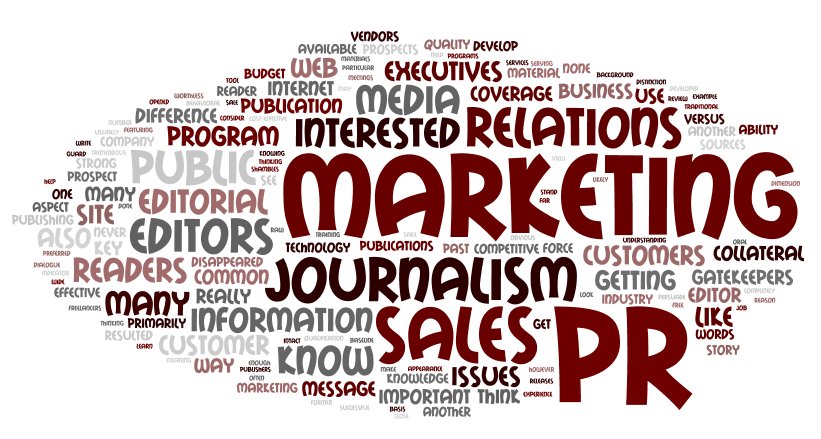When about to write a PR brief and to appoint either an agency or in-house PR manager, there are several key questions which an organisation must answer to itself and to the agency or executive before asking for a PR proposal or plan.
In our many years of experience responding to PR briefs and working with clients, having clear answers to these questions plays an important factor in defining how far the PR campaign will be successful and how well the relationship will develop.
Here are the five questions that a PR brief must answer.
1. What do you want the PR campaign to achieve – and what is the most important objective?
The aims could be ‘to raise the profile of the brand, the company.’ Or ‘to help to generate enquiries’; ‘to launch a new product;’ ‘to position the CEO as a thought-leader’; or even ‘to counteract a negative reputation or handle crises.’
It’s vital that the PR brief is clear about all the key objectives, and which are the most important.
2. Who do you want to influence?
Who are the target audiences? If it is decision-makers, then what are their job titles and which market sectors are key targets? Staff? Potential and existing investors? National or regional politicians and civil servants? Consumers? Again, it is important for the PR brief to be as specific as possible, especially about consumers and to define which are primary or secondary.
3. What do you want them to think?
Defining the key messages that need to be conveyed effectively to the target audiences is essential in the PR brief. It may be a lengthy list but it is vital in developing the content.
4. How is the effectiveness of the campaign going to be measured?
The old days of Advertising Value Equivalents are long gone in the age of online and social media. From Coverage Views to positive content scores, there are many options. Whatever is chosen must be in line with the primary objectives, it must be measurable and realistic with targets defined and agreed.
5. Are you committed to provide the time, information and support that the agency or in-house needs to develop a successful campaign?
In our experience, the most successful campaigns are those where the client invests time in supplying facts, opinions and contacts that help to inspire great content, and when the client is readily available to approve content and to respond positively to opportunities to be interviewed or to comment on topical subjects that suddenly arise.









Comments are closed.